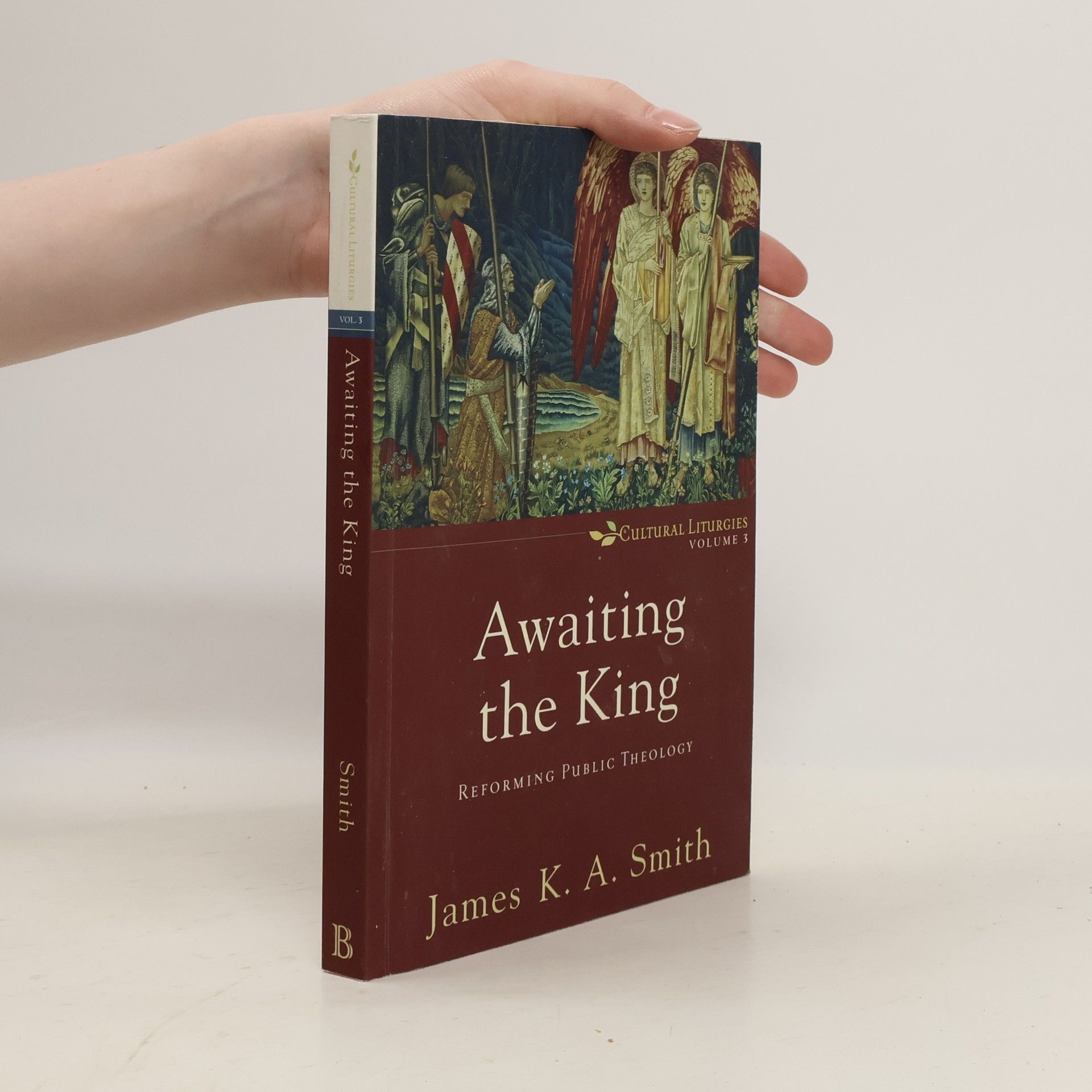Desiring the Kingdom
- 240 Seiten
- 9 Lesestunden
Malls, stadiums, and universities are actually liturgical structures that influence and shape our thoughts and affections. Humans–as Augustine noted–are "desiring agents," full of longings and passions; in brief, we are what we love.James K. A. Smith focuses on the themes of liturgy and desire in "Desiring the Kingdom," the first book in what will be a three-volume set on the theology of culture. He redirects our yearnings to focus on the greatest good: God. Ultimately, Smith seeks to re-vision education through the process and practice of worship. Students of philosophy, theology, worldview, and culture will welcome "Desiring the Kingdom," as will those involved in ministry and other interested readers.

